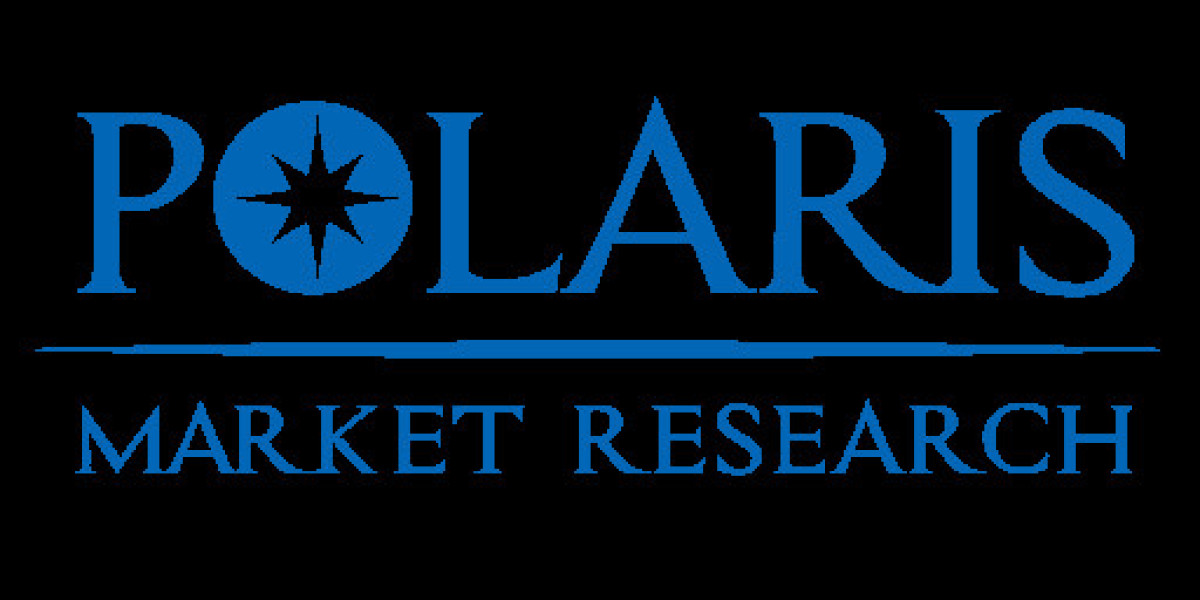The global gastric cancer diagnostics market, valued at USD 1.33 billion in 2024, is projected to grow at a compound annual growth rate (CAGR) of 7.7% from 2025 through 2034. This robust expansion reflects the rising incidence of gastric malignancies worldwide, coupled with increased awareness and early detection initiatives. The disease burden remains disproportionately concentrated in certain geographic regions, particularly in Asia Pacific, where high prevalence rates are driving demand for advanced diagnostic tools. However, regional disparities in healthcare access, regulatory environments, and technological adoption continue to shape market dynamics across North America, Europe, and Asia Pacific.
North America maintains a dominant position in the gastric cancer diagnostics market, underpinned by a well-established healthcare infrastructure, high per capita healthcare expenditure, and rapid adoption of innovative diagnostic technologies. The United States, in particular, benefits from strong government and private sector investments in oncology research, as well as a favorable reimbursement landscape for diagnostic procedures such as endoscopy and biomarker testing. Regulatory clarity from the U.S. Food and Drug Administration (FDA) has further streamlined the approval process for novel diagnostic platforms, encouraging companies to prioritize commercialization in this region. Additionally, cross-border supply chains between the U.S., Canada, and Mexico have facilitated cost-effective distribution of diagnostic kits and reagents, reinforcing the region’s leadership in value-based care models.
Europe presents a mature yet highly competitive market, characterized by stringent regulatory frameworks and an aging population that is more susceptible to gastrointestinal cancers. Countries like Germany, France, and the UK are at the forefront of implementing national cancer screening programs, which have significantly improved early diagnosis rates. These efforts are supported by robust public health funding and collaborative research initiatives involving academic institutions and biotech firms. Regional manufacturing trends indicate a shift toward localized production of diagnostic assays to reduce dependency on imports and mitigate risks associated with geopolitical disruptions. Market penetration strategies in Europe increasingly emphasize partnerships with hospital networks and point-of-care diagnostics providers to enhance accessibility and streamline patient pathways.
Read More @ https://www.polarismarketresearch.com/industry-analysis/gastric-cancer-diagnostics-market
Asia Pacific, however, represents the most dynamic growth engine within the global market. China, Japan, and South Korea collectively account for a substantial share of new gastric cancer cases annually, driven by dietary habits, Helicobacter pylori infection rates, and genetic predispositions. In response, governments in these countries have prioritized early detection programs and invested heavily in molecular diagnostics infrastructure. China, in particular, is witnessing rapid domestic innovation in non-invasive testing methods, including liquid biopsy and stool DNA tests, which are gaining traction due to their ease of administration and lower costs compared to traditional endoscopic procedures. Cross-border supply chains are being optimized through strategic collaborations between local manufacturers and global players to ensure consistent availability of diagnostic consumables and instruments. Moreover, increasing foreign direct investment in medical device manufacturing zones is enabling faster market entry for international diagnostics firms seeking to expand their footprint in the region.
The competitive landscape features several major players, including:
- Abbott Laboratories
- Becton, Dickinson and Company
- bioMérieux SA
- F. Hoffmann-La Roche Ltd
- Hologic, Inc.
- Qiagen N.V.
- Siemens Healthineers AG
- Thermo Fisher Scientific Inc.
These companies are actively engaged in expanding their regional presence through localized manufacturing facilities, strategic acquisitions, and technology licensing agreements aimed at capturing emerging market opportunities while maintaining a foothold in developed economies.
More Trending Latest Reports By Polaris Market Research:
Transcatheter Aortic Valve Replacement (Tavr) Market
Revenue Cycle Management Market
Fruit and Vegetable Wash Market







